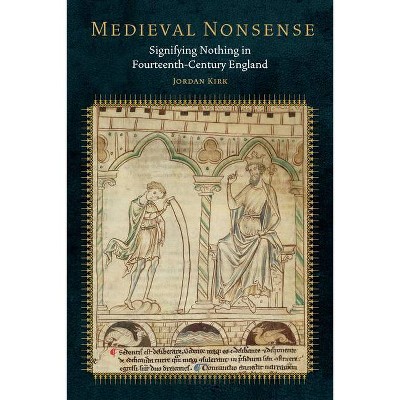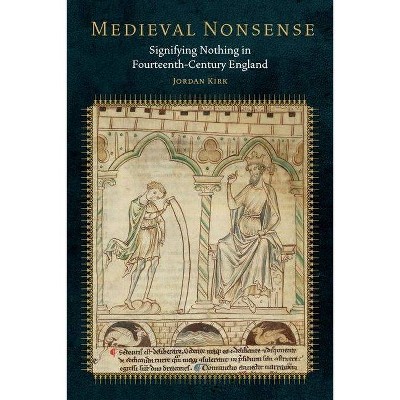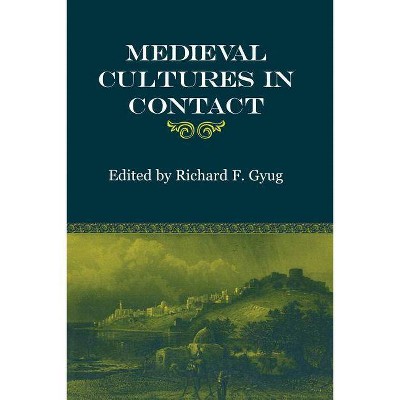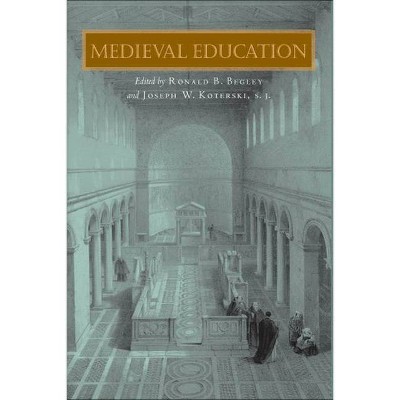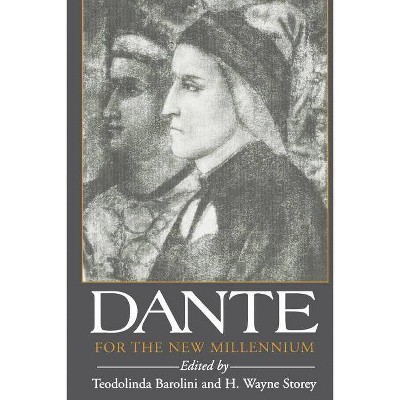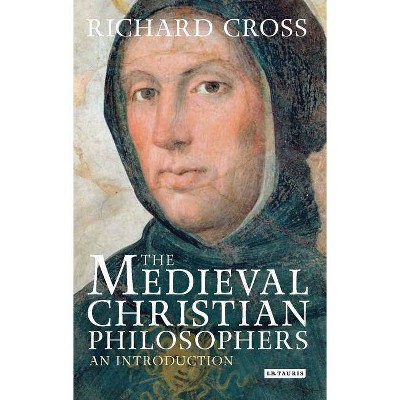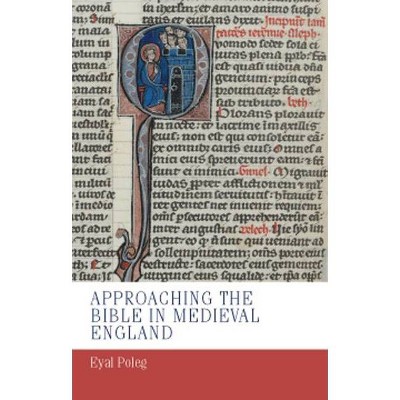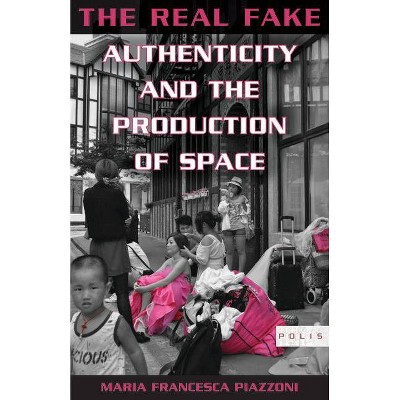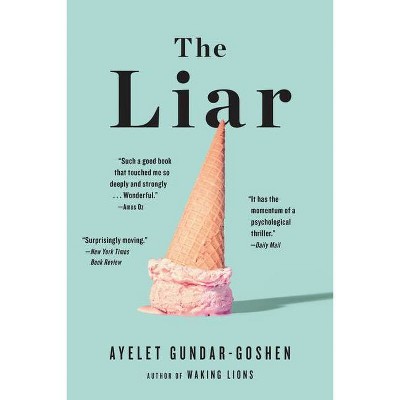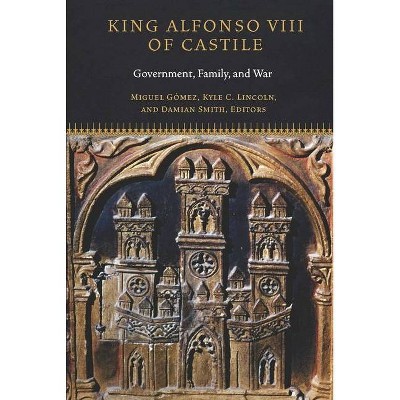Ecstasy in the Classroom - (Fordham Medieval Studies) by Ayelet Even-Ezra (Paperback)
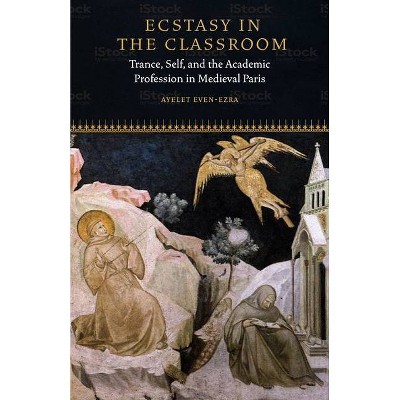
Similar Products
Products of same category from the store
AllProduct info
<p/><br></br><p><b> About the Book </b></p></br></br><i>Ecstasy in the Classroom</i> analyzes the early thirteenth century theological discourse about Paul's rapture and other modes of cognizing God. It reconstructs the perceptions of transformation and self they imply, and demonstrate their role in establishing the peculiar professional identity of scholastic theologians compared with other seers of God.<p/><br></br><p><b> Book Synopsis </b></p></br></br>Can ecstatic experiences be studied with the academic instruments of rational investigation? What kinds of religious illumination are experienced by academically minded people? And what is the specific nature of the knowledge of God that university theologians of the Middle Ages enjoyed compared with other modes of knowing God, such as rapture, prophecy, the beatific vision, or simple faith? <i>Ecstasy in the Classroom</i> explores the interface between academic theology and ecstatic experience in the first half of the thirteenth century, formative years in the history of the University of Paris, medieval Europe's "fountain of knowledge." It considers little-known texts by William of Auxerre, Philip the Chancellor, William of Auvergne, Alexander of Hales, and other theologians of this community, thus creating a group portrait of a scholarly discourse. It seeks to do three things. The first is to map and analyze the scholastic discourse about rapture and other modes of cognition in the first half of the thirteenth century. The second is to explicate the perception of the self that these modes imply: the possibility of transformation and the complex structure of the soul and its habits. The third is to read these discussions as a window on the predicaments of a newborn community of medieval professionals and thereby elucidate foundational tensions in the emergent academic culture and its social and cultural context. Juxtaposing scholastic questions with scenes of contemporary courtly romances and reading Aristotle's <i>Analytics </i>alongside hagiographical anecdotes, <i>Ecstasy in the Classroom</i> challenges the often rigid historiographical boundaries between scholastic thought and its institutional and cultural context.<p/><br></br><p><b> Review Quotes </b></p></br></br><br>With light and sure feet Even-Ezra dances through complex scholastic debates concerning rapture, prophecy, faith, wisdom, and beatific vision; if those were the only steps she braved the book would be worth its purchase price. But Even-Ezra dares trickier choreography still, as she guides her reader through discussions on how these debates are motivated by questions concerning cognition of God, what they suggest about the role of the theologian in the church and in society, and how knowing God (whether rationally or ecstatically) transforms the knower. What results is a delight to behold, a feat in medieval studies. Readers curious about the foundations of scholastic theology as well as the practice of academic theology today will find <i>Ecstasy in the Classroom</i> worth pursuing.-- "Reading Religion"<br><br>Even-Ezra is an excellent storyteller and her book is eminently readable. It is essential reading for those interested in medieval rapture, cognition, faith, scholastic debate, and the history of the universities.-- "Speculum"<br><br>The intellectual pitch of <i>Ecstasy in the Classroom</i> will be evident from its title. Even-Ezra's fascinating and deeply learned book studies the intricate means by which the rationalism of scholastic inquiry comes to terms with ecstatic, inspired knowledge. The author's point of departure: scholastic philosophy's grappling with the phenomenon of St. Paul's transport into the 'third heaven' as the basis of his theology. The author also probes the psychology and ethics of inspired knowledge, and presents the mediating experiences of trance, ecstasy, prophetic vision as means not only of insight, but of 'transformation of the self.' Even-Ezra's work extends the focal point of mystical knowledge from individuals in isolation to the classroom.<b>---C. Stephen Jaeger, University of Illinois, <i></i></b><br><br>This work is an important contribution to recent research on the University of Paris in its early decades....[It] will appeal to a wide audience, including those working on scholastic philosophy and theology and those interested in rapture, vision, and mystical experience.<b>---William J. Courtenay, <i>Church History</i></b><br><p/><br></br><p><b> About the Author </b></p></br></br><b>Ayelet Even-Ezra</b> is Assistant Professor of History at the Hebrew University of Jerusalem. She studies Europe's medieval scholastic culture of the twelfth and thirteenth centuries.
Price History
Price Archive shows prices from various stores, lets you see history and find the cheapest. There is no actual sale on the website. For all support, inquiry and suggestion messages communication@pricearchive.us
